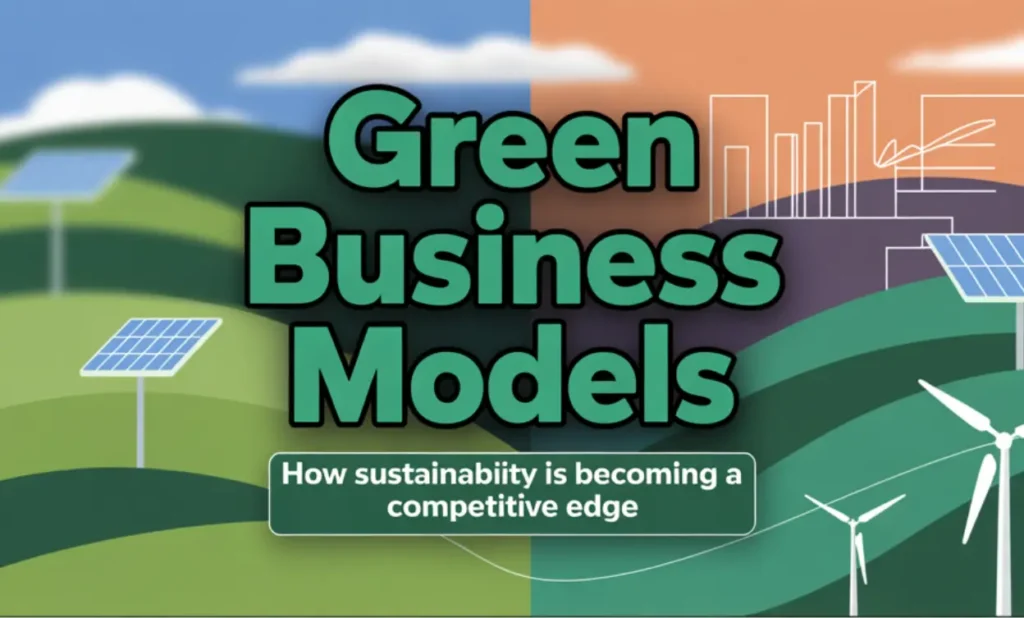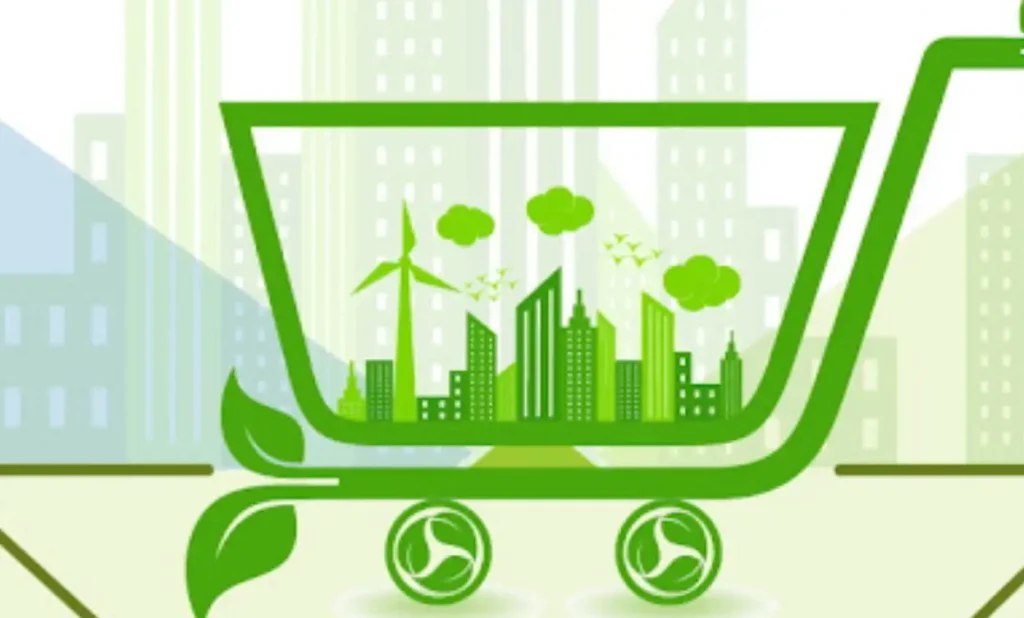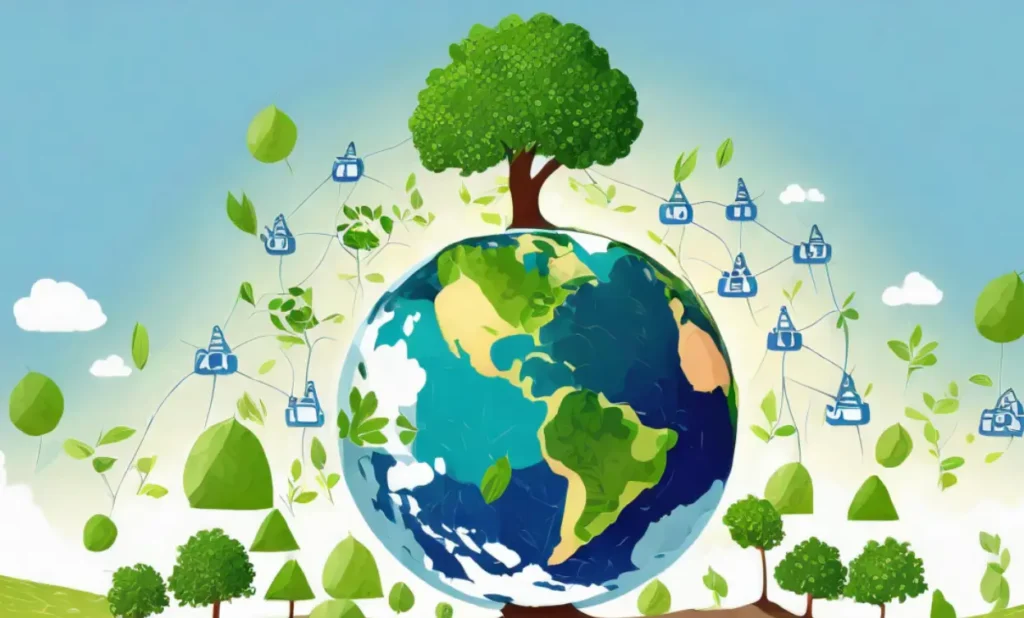
In today’s rapidly evolving market, sustainability is no longer a mere option; it is a strategic necessity. Businesses worldwide are recognizing that adopting green business models not only aligns with global environmental goals but also provides a powerful competitive advantage. We explore how sustainability-driven strategies are reshaping industries, driving innovation, and capturing consumer loyalty.
The Rise of Green Business Models

Over the past decade, the urgency of climate change, resource scarcity, and rising consumer awareness has transformed the business landscape. Companies that once viewed sustainability as a cost center now see it as a growth engine. These green business models integrate environmental, social, and economic considerations into every layer of the organization, from supply chains to product design.
Key Elements of Sustainable Business Models
To remain competitive, businesses are embracing several core principles of sustainability:
- Circular Economy Practices: Focusing on reuse, recycling, and reducing waste to minimize environmental impact.
- Renewable Energy Integration: Transitioning from fossil fuels to clean energy sources like solar, wind, and bioenergy.
- Ethical Sourcing: Partnering with suppliers that adhere to fair labor practices and eco-friendly production methods.
- Eco-Friendly Product Design: Developing products with longer life cycles, recyclability, and minimal environmental footprints.
- Carbon Neutral Goals: Setting aggressive targets to offset or eliminate carbon emissions.
Competitive Advantages of Going Green

Embracing a green business strategy unlocks numerous competitive advantages, including:
Enhanced Brand Reputation
Consumers increasingly demand transparency and responsibility from brands. Companies that prioritize sustainability earn trust, boost loyalty, and differentiate themselves in crowded markets. A strong eco-friendly reputation also attracts socially conscious investors.
Cost Reductions Through Efficiency
Energy-efficient operations, waste reduction, and optimized resource use lead to substantial cost savings. Sustainable practices often translate into lower utility bills, reduced material expenses, and streamlined logistics.
Innovation and Market Expansion
Sustainability challenges businesses to innovate. Green technologies, alternative materials, and new delivery models open fresh revenue streams and allow entry into emerging eco-conscious markets.
Risk Mitigation
By proactively addressing environmental risks, businesses reduce their exposure to regulatory fines, supply chain disruptions, and reputational damage. Sustainability frameworks provide resilience against market volatility and future-proof operations.
Real-World Examples of Green Success

Patagonia, a leader in outdoor apparel, embeds environmental stewardship in every facet of its business. Its commitment to repairing old gear, using recycled materials, and donating profits to environmental causes has made it a favorite among eco-conscious consumers.
Tesla, renowned for its electric vehicles, has revolutionized the automotive industry by prioritizing zero-emission technology. Its integrated renewable energy solutions from solar panels to battery storage demonstrate the power of a holistic green model.
Unilever has integrated sustainability into its supply chain, reducing greenhouse gas emissions and waste while achieving robust financial performance. Its Sustainable Living Brands grew 69% faster than the rest of the business in recent years.
Sustainability and Regulatory Compliance

Governments worldwide are tightening environmental regulations, compelling businesses to adapt or face penalties. By aligning with evolving standards from the Paris Agreement to local emissions targets companies safeguard compliance while showcasing leadership.
Challenges in Adopting Green Business Models
Transitioning to a sustainable model is not without hurdles. Initial capital investment, reengineering processes, and changing organizational culture require significant commitment. However, the long-term payoffs—in competitiveness, loyalty, and resilience far outweigh the upfront costs.
Future Trends in Green Business
Looking ahead, we foresee a surge in:
- Green Finance: Increased access to sustainability-linked loans and green bonds.
- Circular Supply Chains: Full lifecycle accountability, ensuring zero waste.
- AI-Driven Sustainability: Leveraging big data and AI to optimize environmental impact.
- Collaborative Ecosystems: Companies partnering across industries to drive systemic change.
